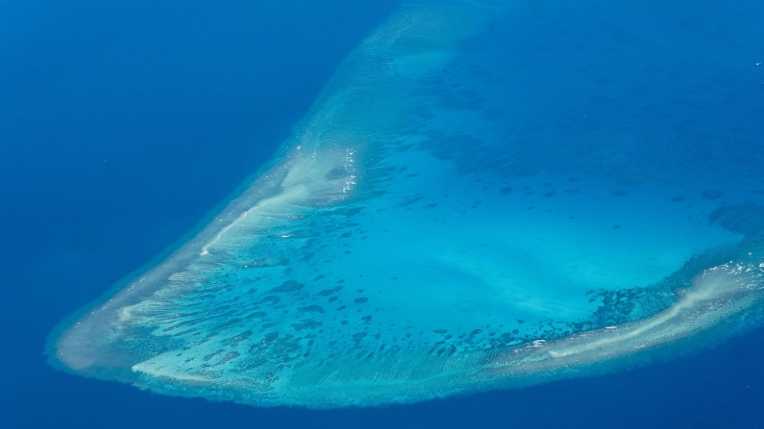New Ocean Discoveries and Initiatives: What You Need to Know
The ocean covers over 70% of our planet’s surface, making it vital for biodiversity, climate regulation, and human livelihoods. Recent discoveries and initiatives to protect and explore our oceans are more important than ever. These advancements not only enhance our understanding of marine ecosystems but also inspire us to get involved in ocean conservation.
The Hidden Treasures of the Deep Sea
Scientists have recently uncovered new species living in the depths of the ocean, including unique fish and previously unknown microorganisms. These discoveries are crucial as they contribute to our understanding of biodiversity and the roles these organisms play in their ecosystems. Many of these species have adapted to extreme conditions, providing insights into evolution and potential applications in medicine and biotechnology. As researchers continue to explore uncharted territories, we are continually reminded of how much we have yet to learn about our oceans.
Innovative Solutions for Ocean Conservation
Various initiatives are underway to address challenges like overfishing, plastic pollution, and climate change. One notable effort is the establishment of Marine Protected Areas (MPAs), which aim to safeguard crucial habitats and restore marine life. These designated zones restrict harmful activities and promote sustainable practices. Additionally, innovative technologies, such as biodegradable fishing gear and ocean-cleaning drones, are being developed to tackle pollution. Such initiatives not only help preserve marine ecosystems but also engage local communities, fostering a sense of responsibility toward ocean health.
The Importance of Climate Research and Monitoring
The ocean plays a critical role in regulating the Earth’s climate, absorbing excess heat and carbon dioxide. Recent research initiatives focus on understanding how ocean currents and temperatures affect global climate patterns. For example, programs that monitor ocean acidity are becoming increasingly important, as rising acid levels threaten coral reefs and marine species. By staying informed about these changes, we can better prepare for potential impacts on weather, fisheries, and coastal communities. Supporting research efforts and engaging in local climate action are essential steps we all can take to promote ocean health for future generations.
In conclusion, the new discoveries and initiatives surrounding our oceans are both fascinating and crucial for our planet’s future. As we learn more about marine life and work toward sustainable practices, we each have a role in protecting these vital ecosystems. To dive deeper into this topic or get involved in conservation efforts, consider visiting local marine research centers or participating in beach cleanup events. Every small action counts!

